So you think you know your Linux history, eh? It’s time to put on your thinking cap and find out whether or not that’s true. We’ve racked our brains, wearing out a few grey cells in the process, and come up with what we think is a pretty good quiz that looks at the history of Linux from before Linux even existed to just about the present. Give it a try.
Results
You%20passed!%20You%20certainly%20know%20your%20Linux%20history.
Oops.%20Too%20bad.%20You%20must%20be%20new%20to%20Linux.
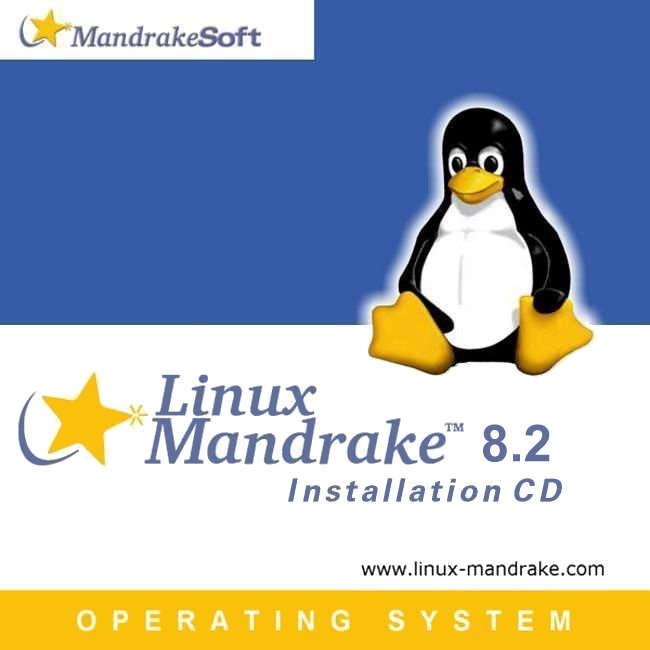
#1. What company entered into a trademark dispute with the Mandrake distro which eventually led to the distro changing its name to Mandriva?
The publishing chain Hearst had sued Mandrake claiming that the name infringed its trademark for the “Mandrake the Magician” comic strip, which resulted in Mandrake being legally forced to change its name. The name Mandriva was chosen after the company acquired the Connectiva distribution.
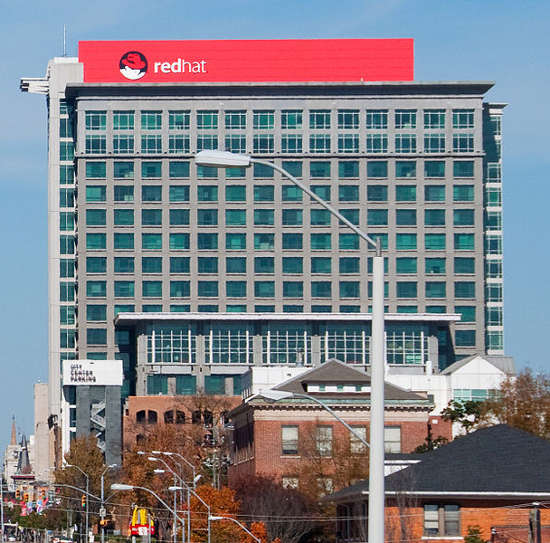
#2. What company forked RHEL and then offered cheap support contracts in an attempt to lure Red Hat customers?
In what was widely regarded as an abuse of the spirit of the GPL, Oracle cloned RHEL and released it as “Unbreakable Linux.” They then began contacting Red Hat customers and offered them support contracts for RHEL at a fraction of what Red Hat was charging.

#3. Which mobile operating systems use the Linux kernel?
All of the operating systems on this list, as well as most other mobile operating systems, with the exception of those produced by Apple and Microsoft, rely on the Linux kernel.

#4. What company is generally regarded as the first to show a profit from marketing a Linux distribution?
Red Hat proved that business models relying on free and open source software could successfully turn a profit. These days, the company’s annual earnings are about $2 billion.
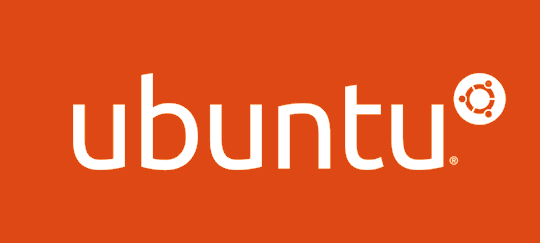
#5. Who is responsible for starting the Ubuntu distro?
Mark Shuttleworth, the founder, once CEO and still head honcho at Canonical and Ubuntu, is also known as “space cowboy,” as he once spent two days aboard a Russian Soyuz spacecraft and eight days aboard the International Space Station as the world’s second space tourist — a trip that cost him $20 million.

#6. Who famously said that “Linux is a cancer”?
Just so you know we’re not quoting him out of context, the then CEO of Microsoft, Steve Ballmer, told the “Chicago Sun-Times” in 2001: “Linux is a cancer that attaches itself in an intellectual property sense to everything it touches.’
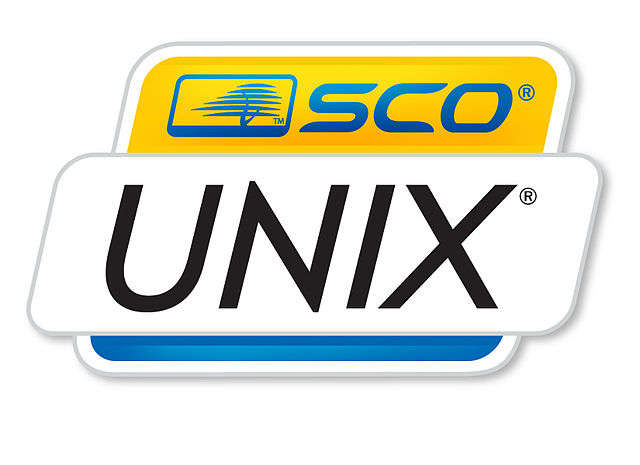
#7. During the SCO fiasco, what website was started to explain the legal proceedings to the Linux community?
Groklaw was started by paralegal Pamela Jones, who wrote under the name “PJ,” to explain the legal issues surrounding the SCO case to a tech audience not familiar with legal subtleties. Ms. Jones said she was motivated by her love for Linux and this was her way of giving back to the community.
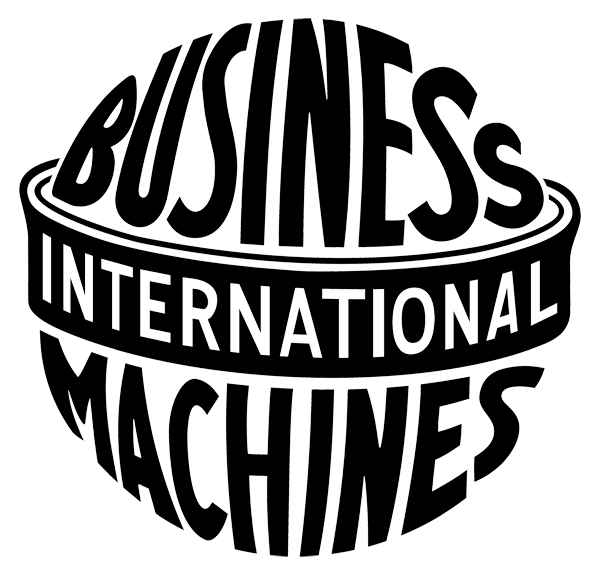
#8. What company essentially ended a legal dispute between IBM and SCO by asserting its ownership of Unix code that SCO claimed to own?
Although Novell was the owner of the Unix copyrights, by this time the company was marketing itself as an open source company, after having acquired SUSE.

#9. What company sued IBM, claiming it had committed copyrighted code to Linux, and demanded licensing fees from Linux users?
SCO, which began life as developers and marketers of the Caldera Linux distribution, but which had obtained rights to market Unix, claimed that IBM had stolen its copyrighted Unix code and committed it to Linux. However, the only “infringing” code made public was Unix code that was also licensed under the BSD license. The case never went to court, as the company from which SCO had purchased Unix marketing rights was able to prove in a separate case that the copyrights to Unix hadn’t switched hands when SCO had obtained the rights to market the operating system. The legal costs of fighting both IBM and the Unix copyright holder eventually forced SCO into bankruptcy.
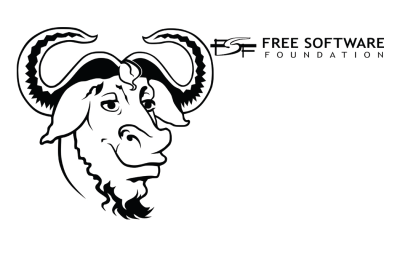
#10. Who initiated the GNU project, which develops much of the software used GNU/Linux operating systems?
In addition to beginning the GNU project, Richdard Stallman wrote the GNU Manisfesto which lists four freedoms essential to software users: freedom to run a program for any purpose, freedom to study the mechanics of the program and modify it, freedom to redistribute copies, and freedom to improve and change modified versions for public use.

#11. What technology company announced in 2000 that it would invest $1 billion in Linux and other open source technologies?
IBM’s turn-of-the-century billion dollar investment in Linux paved the way for Linux to become much more than a web server or a desktop for enthusiasts .

#12. Who created the Slackware distribution?
Slackware was started by Patrick Volkerding. As with Debian, Slackware’s purpose was to address shortcomings in the SLS distribution.
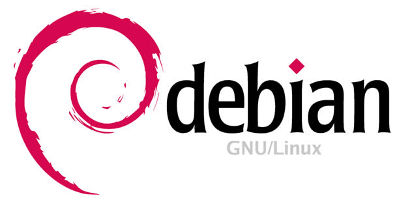
#13. Who started development on the Debian distribution?
Development on Debian was begun in 1993 by Ian Murdock to address what he saw as shortcomings in SLS, which at that time was the most usable Linux distribution.

#14. Who wrote “The Cathedral and the Bazaar: Musings on Linux and Open Source by an Accidental Revolutionary”?
Eric S. Raymond wrote “The Cathedral and the Bazaar,” which was many people’s first introduction to the concepts behind free and open source software.

#15. Which of the following Linux distributions is the oldest?
Of all the Linux distributions under development today, Slackware is the oldest, with its first release in July, 1993, several months before the first release of Debian.

#16. Who wrote the General Public License or GPL, the open source license under which Linux is released?
In addition to initiating the GNU Project and writing the GNU Manifesto, Richard Stallman has written all versions of the GPL.
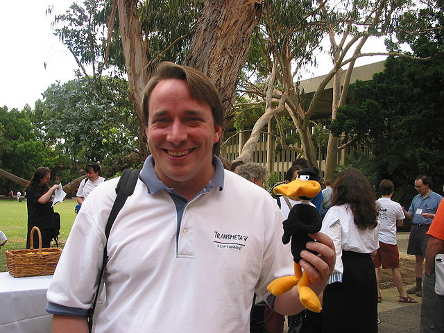
#17. Who wrote the Usenet post with the following words which was the first announcement of what would become Linux: “I’m doing a (free) operating system (just a hobby, won’t be big and professional like gnu) for 386(486) AT clones.
In August, 1991, 21-year-old Finnish student Linus Torvalds sent the Usenet post which forever changed the course of computer technology.

#18. Linux was inspired by with what operating system?
Linus Torvalds had been working with the MINIX operating system when he began work on Linux.
We’re currently in the midst of our 2016 Indiegogo fundraising drive. Your support is crucial. Won’t you please visit our fundraising page and make a contribution to support FOSS Force?






This fails completely in both Pale Moon and Chrome for me. There is no quiz. It just ends with ” . . . about the present. Give it a try.”
The next thing on the page is an advertisement. I finally got a quiz when bringing the page up in epiphany web browser (now called “web”).
It works for me in Firefox, but there’s obviously some code weirdness here. I got a “Start video” message above the alternatives each time I went there with the mouse pointer
@Charles We had a few problems when we first went up. Try again and see if the poll comes up after the ad.
@Leif I just tried it in Firefox and didn’t get that. Could you try it again and let me know?
Christine, I tried again and now it seems to work okay. This time I remembered my two previous mistakes and got a perfect score too 🙂
@Leif A big ol’ thumbs up to you. I knew you could do it! 🙂
Christine, what Poll? I’m using Firefox 43.0 on Linux Mint 17 with any javascript that dioesn’t originate at FOSS force’s Domain blocked. So Iassume you are using some 3rd party. Oh well, never mind.
stops at Q1 on ipad. no way forward.
@chris It doesn’t auto advance when you select your answer?
16/18 and one was a mouse-slipping as I clicked (that’s my story and I’m sticking to it).
Not bad… then I was *there* when most of this history happened lol. #oldfart
It worked for me (in FF, uh, 43).
History might be important to some, I am turned toward future, as much as possible.
After some time it comes …
It worked fine in Pale Moon for me. I’m guessing that’s because it was fixed by the time I saw it. I got 18/18, but I’ve been using Linux at home since 1999, so I might have an advantage over newer users.
Worked fine for me in Firefox 43.0.1. Plus I scored 17/18 meaning I must have paid more attention than I realized to the linux articles I’ve read since I started using linux in 2009. Or maybe the quiz was a bit easy 😉
“stops at Q1 on ipad. no way forward.”
Oh the irony.
10/18 Correct answers. Not good…
> I didn’t know the Madrake naming controversy.
You never read Mandrake the Magician? You should remedy that. 🙂
> I’m using Firefox 43.0 on Linux Mint 17 with any javascript that dioesn’t originate at FOSS force’s Domain blocked. So Iassume you are using some 3rd party. Oh well, never mind.
Apparently so. It wouldn’t work with Pale Moon at all for me, even after allowing scripts for fossforce.com and opinionstage.com. I finally opened under Chrome where I don’t have scripts blocked.
18 of 18. The only hard one was the Mandrake one, and it was easy to guess which company it had to be.
I got poor 16. Too bad.
Quiz worked perfectly for me – Chrome for Android on Galaxy S5. 13/18, not too bad!
Hey guys and gals, we’ve got the coolest perk ever for our Indiegogo campaign, and we’re sharing it with you here in the comments section before announcing it on our front page. We’ve heard from you that getting through the captcha when you’re making a comment can sometimes be a pain. Well, now you’ll be able to post comments to our articles simply by typing your comment and clicking “Post Comment.” No captcha or filling in the email text box when you want to make a comment — and you’ll be able to edit your comments after you post them as well, just in case you made a typo.
Our “Frequent Commenters Membership,” available through our Indiegogo fundraiser, gets you your own account on FOSS Force. You login to your account and all of your commenting is captcha free — and the post will automatically go up using the username you give us when we set-up your account. In addition, after we get ten or so of you signed up, each week we’ll offer a discussion topic which will only be available to logged-in members. And down the road, we have even more ideas we might implement.
The memberships are available for a $25 contribution to our Indiegogo fundraising campaign. This is just one way we’ve come up with to say thank you for your support. To claim your membership, just go to our Indiegogo page now and make your contribution!
http://igg.me/at/foss-force/x/10540979
Oh, and whether you make a contribution or not, thank you for being a part of FOSS Force. 🙂
Now, I don’t have doubt that we all should have Linux on our PC, however I still need working knowledge of Microsoft any way.
My point of view is that people need to switch to Linux now, because they will cry later, that is what is MS story leading as to any way.
It it always good to have one partition for Linux reserved.
Why?
Well if things go bad on Windows side, you still have Linux to save files from other partition at least and sometimes it could help you rescue other side…
All it needs is to inform people how easy is to switch to Linux and how good it is.
Don’t be shamed to mention that there is great diversity any way!